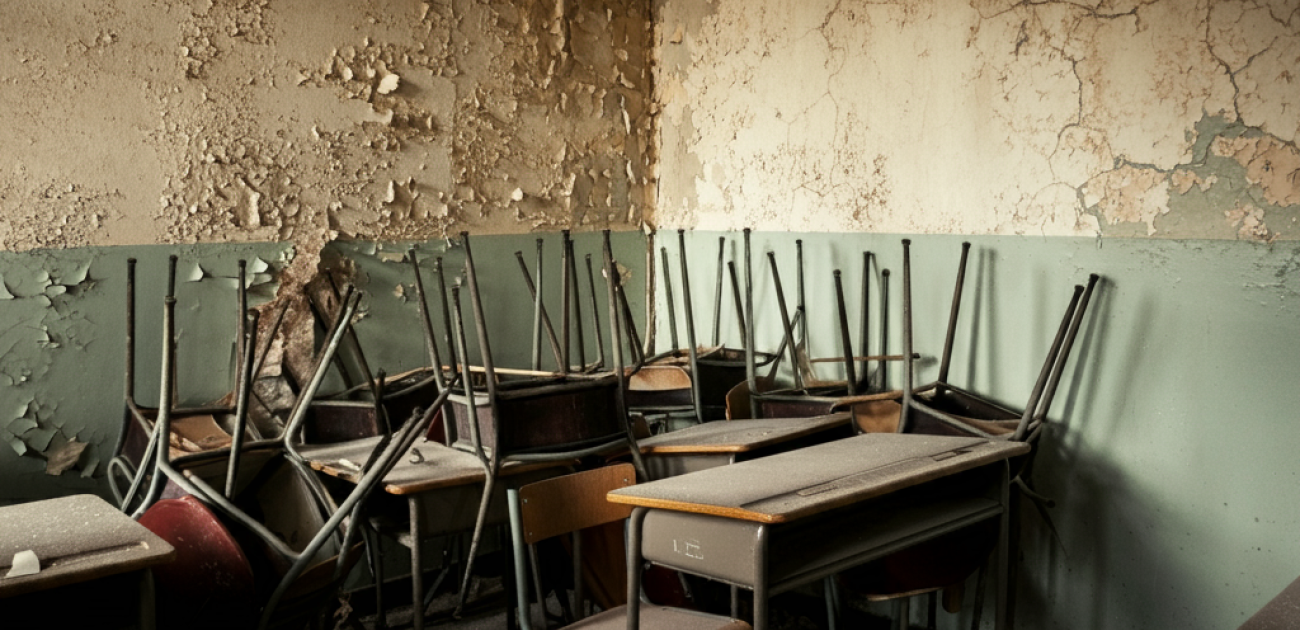The Importance of Government Investment in Prison Security: Lessons from the Vale dos Judeus Escape in Portugal
In late August 2024, several inmates managed to escape from Vale dos Judeus prison, a high-security facility located in Alcoentre, Portugal. According to reports, the prisoners exploited weaknesses in the prison’s infrastructure and surveillance systems to orchestrate their escape. This incident not only raised immediate concerns for public safety but also brought attention to the vulnerabilities within Portugal's prison system. While law enforcement quickly mobilized efforts to capture the fugitives, the escape highlighted the urgent need for improved security measures in correctional facilities.
This event serves as a reminder of the critical importance of government investment in prison security, both in Portugal and globally. The Vale dos Judeus escape underscores the potential consequences of underfunded and outdated prison infrastructure, prompting discussions on how governments can better protect public safety and ensure the integrity of correctional institutions.
At the heart of any correctional facility is the need to balance two key objectives: the rehabilitation of offenders and the protection of the public. Effective prison security ensures that individuals serving time are kept in custody, mitigating the risk of harm to society. In the case of the Vale dos Judeus prison escape, multiple prisoners managed to flee, raising concerns about the adequacy of security protocols and physical infrastructure within the facility. Incidents like this pose serious risks, as inmates who escape from custody may reoffend or pose a threat to public safety.
The issue of prison security is not confined to a single incident or country. Across the world, prison breaks have occurred due to outdated facilities, insufficient staff, and underfunded security systems. These weaknesses can create opportunities for inmates to exploit vulnerabilities, leading to escapes or even riots within the prison. It is, therefore, incumbent upon governments to continuously invest in the modernization of prison infrastructure and the training of personnel to prevent such breaches.
The escape at Vale dos Judeus underscores the urgent need for increased government investment in prison security. Such investment is crucial not only for the construction and maintenance of secure facilities but also for the development of cutting-edge security technology. This can include enhanced surveillance systems, staff training and physical infrastructure upgrades since many prisons, including Vale dos Judeus, were built decades ago, and their security infrastructure may no longer be sufficient for modern-day challenges. Upgrades to walls, gates, and other physical barriers are critical in preventing escapes.
Furthermore, investing in technology that can enhance prison management, such as electronic monitoring systems and data analytics tools to assess security risks, can prevent incidents from occurring. These proactive measures are far less costly than dealing with the aftermath of a prison break, both in terms of financial resources and public trust.
From a legal perspective, ensuring prison security is not just about protecting the public but also about safeguarding the rights of inmates. Under the European Convention on Human Rights, prisoners have the right to be treated with dignity and humanity, even while serving their sentences. Overcrowded or insecure prisons can lead to inhumane conditions, violating these basic rights. Therefore, improving security through investment can also help create safer and more humane environments for both staff and inmates.
Additionally, under international human rights law, governments have a duty to protect society from individuals who pose a risk, while simultaneously ensuring that prisons function as spaces for rehabilitation. This dual responsibility requires a balanced approach that prioritizes both public safety and the reintegration of prisoners into society upon their release. Failures in prison security, such as the Vale dos Judeus escape, may undermine public confidence in the justice system and raise questions about the government's ability to fulfill its obligations under domestic and international law.
The Vale dos Judeus incident should serve as a wake-up call for Portugal and other countries facing similar challenges in their prison systems. While this escape may be an isolated event, it exposes broader weaknesses in prison infrastructure and security management. The path forward must involve a comprehensive review of the existing prison systems, followed by targeted investments that address the gaps in security.
It is crucial that governments around the world learn from such incidents and take proactive steps to prevent future occurrences. This can include:
-
Conducting regular audits of prison security systems to identify vulnerabilities.
-
Allocating increased funding for the development of modern facilities that meet current security needs.
-
Implementing stronger oversight mechanisms to ensure that security protocols are consistently followed.
In conclusion, the escape at Vale dos Judeus highlights the importance of sustained government investment in prison security. Inadequate infrastructure, undertrained personnel, and outdated technologies can lead to significant risks for both society and the prison population. To uphold public safety and the rule of law, governments must prioritize prison security as a key component of their broader criminal justice and public safety strategies. The lessons learned from such incidents should drive immediate action and long-term planning, ensuring that prisons remain secure, humane, and rehabilitative environments.
Do you want more information?
 Filipe Consciência
Filipe ConsciênciaJurist since 2018 at Caria Mendes Law Office, book writer, marathon runner and gastronomic critic and judge.

